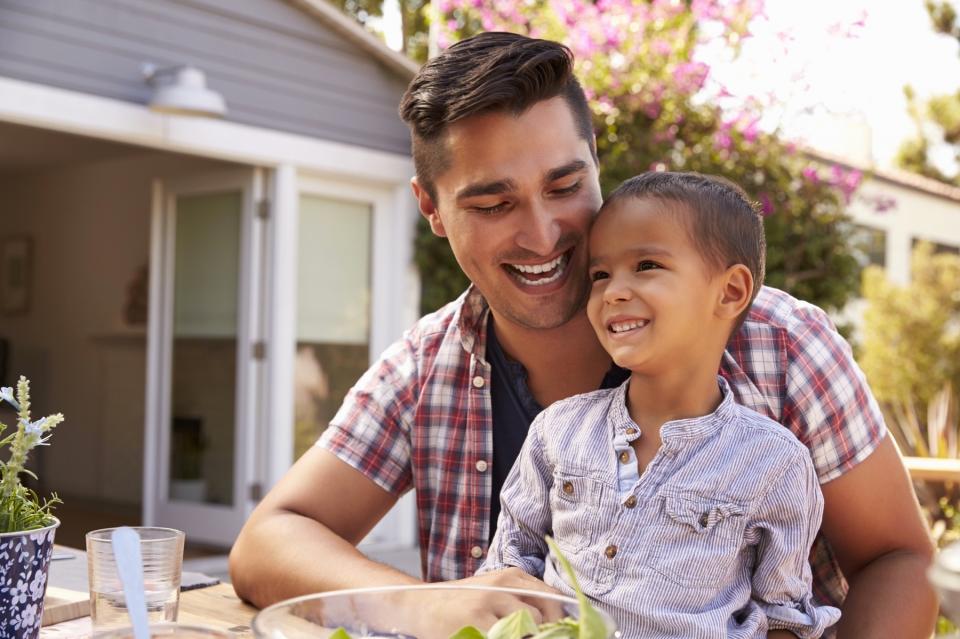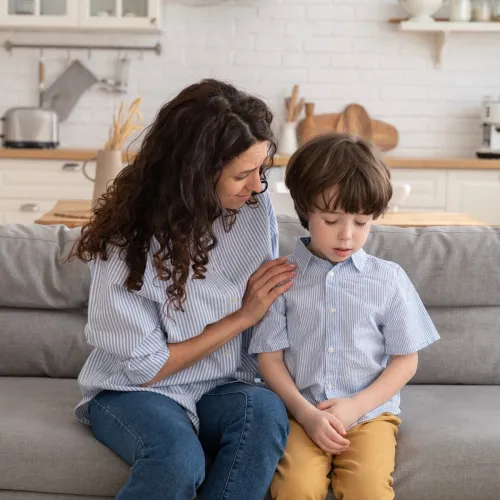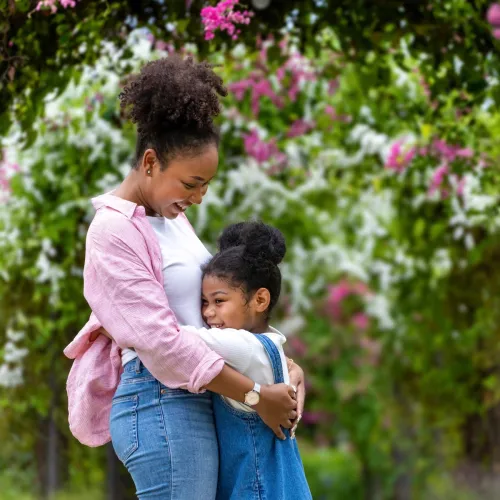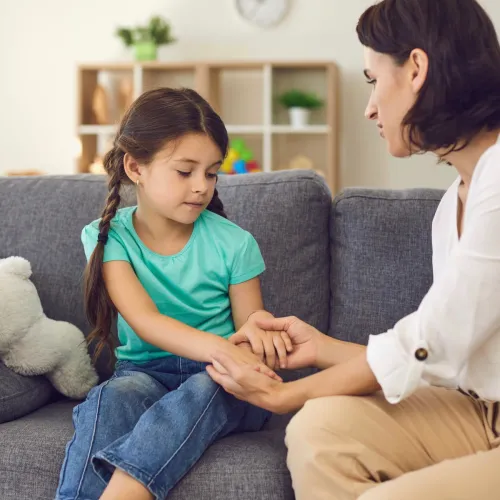Helping an Only Child Through a Divorce

Parents of an only child have a special responsibility. While some may see it as easier to focus all of the parenting energy on just one child, that doesn't mean that it's any more simple in practice. This can become especially apparent if parents decide to split.
All children may experience difficulty coping with their parents' divorce, yet an only child may encounter specific challenges unique to their particular family situation. The same may go for the parents of an only child. So what are some of these challenges that parents and children in these families face?
Unique Challenges Experienced In Only Child Families
Growing up as the only child in a family can feel so special. The bond built between parents and their only child is exclusive—and anything threatening to break that connection—could seem scary and uncertain.
When parents of an only child family decide to separate, they are breaking an aspect of the bond built between the three members of their family. An only child could be left feeling responsible to care for both of their parents, unsure how to manage this sense of duty to care for their parents amidst their feelings about this situation.
An only child always has their parents to rely on, but in a divorce situation, they might not feel like they can reach out to their parents for everything like they once did. Without siblings who share their feelings, an only child might feel isolated as though they have lost both of their allies.
Helping an Only Child Cope with Divorce
Even as families face these challenges, there are strategies that parents of an only child can employ to help move themselves and their child forward. For parents, here are seven tips to consider.
Tell your child about the divorce together
As a group, talk about the changes that are about to happen to your family. It won't be an easy conversation, but having it as a group is a positive first step in this process.
Your child's age may play a significant role in how much you decide to tell them about your divorce during this conversation. At the very least, give your child the basic details they need to know about what happens next, such as where they will live and when they'll see each of you.
Perhaps most importantly, be clear that even though you won't all be living together anymore, you are still a team and will both continue to love and be part of your child's life.
Create a routine
Once you have a parenting schedule in place, stick to it. Build a routine around that schedule. Doing so will help your child to understand the new routine between their two homes and make it easier for them to know what to expect.
Also, do your best to keep your child attending the same school, going to the same activities, and seeing the same friends that they were before the divorce. While this change has majorly affected their life, don't let it take them away from the things they enjoy outside of the home.
Encourage your child to spend time with friends
Without siblings, your child might find it hard to express their feelings at home fully. Your child's friends will provide a unique support system that can only be found in interacting with people who are not their parents and are closer to their age.
Let your child spend time with friends at your home as well as elsewhere, as it may provide some relief to have fun with friends in different environments.
Reinforce the bond that your child has with both parents
Just because you divorced doesn't mean that the special connections that you both have made with your child must break. When you are each with your child, do the things that you have always done together.
Also, consider trying new things to create new traditions and memories that you can share and bond over. Help to reinforce this bond on both ends, always reminding your child that both you and their other parent love and care for them.
Be honest but careful not to share too much information with your child
A parent and their only child may find it easy to confide and trust in each other, but parents must be careful not to overshare details with their child that could cause a great burden for them. Be mindful about what you tell your child in regards to your divorce or about your co-parent. Keep these conversations as positive as you are able.
Also, don't ask your child too many questions about their other parent. It is not their responsibility to report on the other parent's activity. Make sure that your conversations are still honest and open without taking it too far.
Let the other adults in your child's life know what is going on
It may be difficult to tell others about your family's current situation, but talking to the other important adults in your child's life will give those individuals insight into what may be the cause of any unusual behavior they notice in your child and better prepare them to handle it.
Consider talking to their teachers, coaches, counselors, parents of their close friends, and any other adults who regularly spend time with your child. While not everyone needs to know all of the details about what's going on, it can prove to be very helpful to have a support system in place for your child wherever they may be.
Stay positive for your child
This is a difficult time for you as well as your child, but your child needs you to provide them with love and support. It will only create a more substantial burden for your child if you lean on them too hard.
Stay strong and positive when with your child. It may be beneficial to you to look for support through other means like close friends or relatives. You may also consider reaching out to a professional such as a counselor or therapist for additional support.
Divorce is never easy for any family to face, and only child families may notice some different challenges that are unique to their situation. By acknowledging the unique pressures that your family faces and considering strategies to help your family move forward in a healthy way, you will be laying the groundwork for your family's success into the future.



